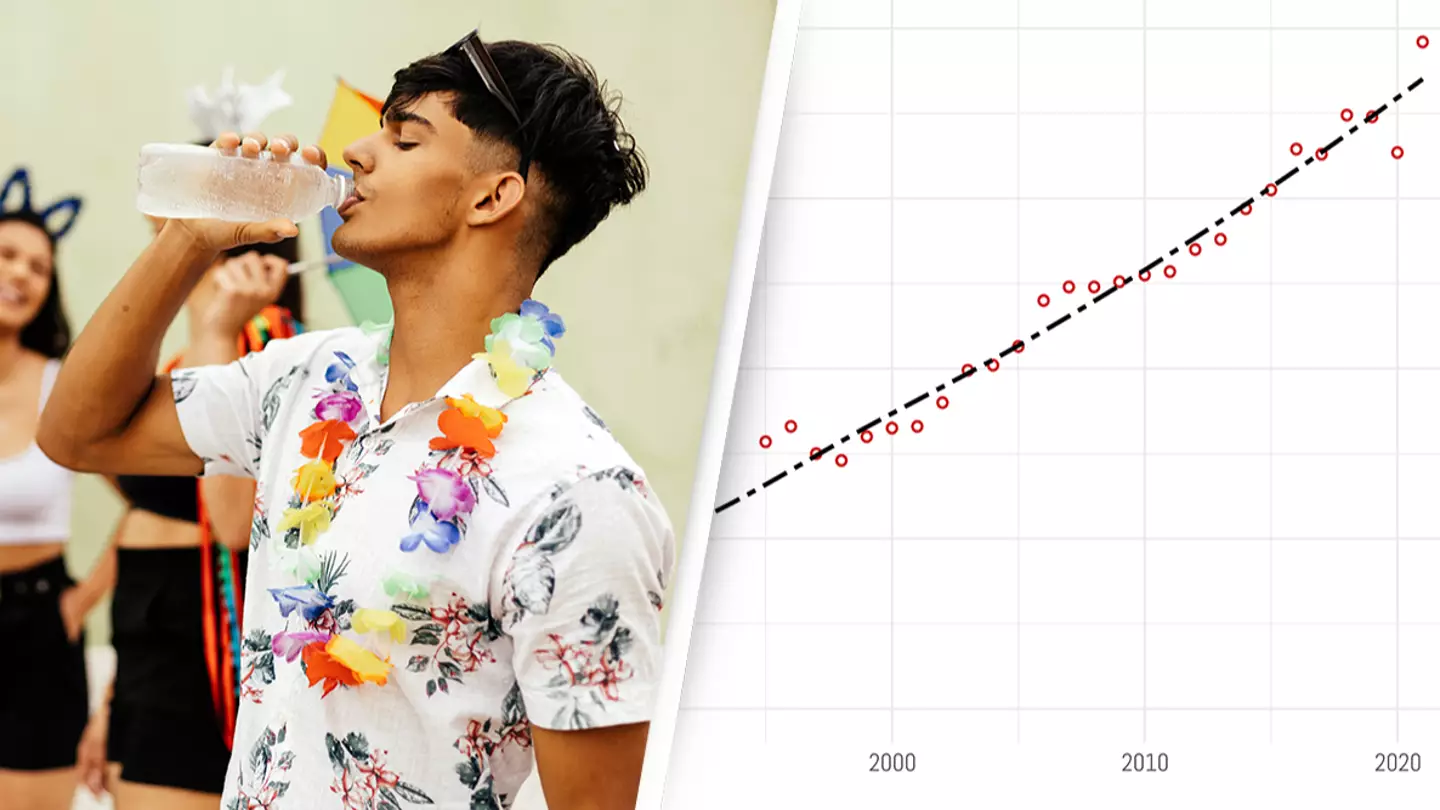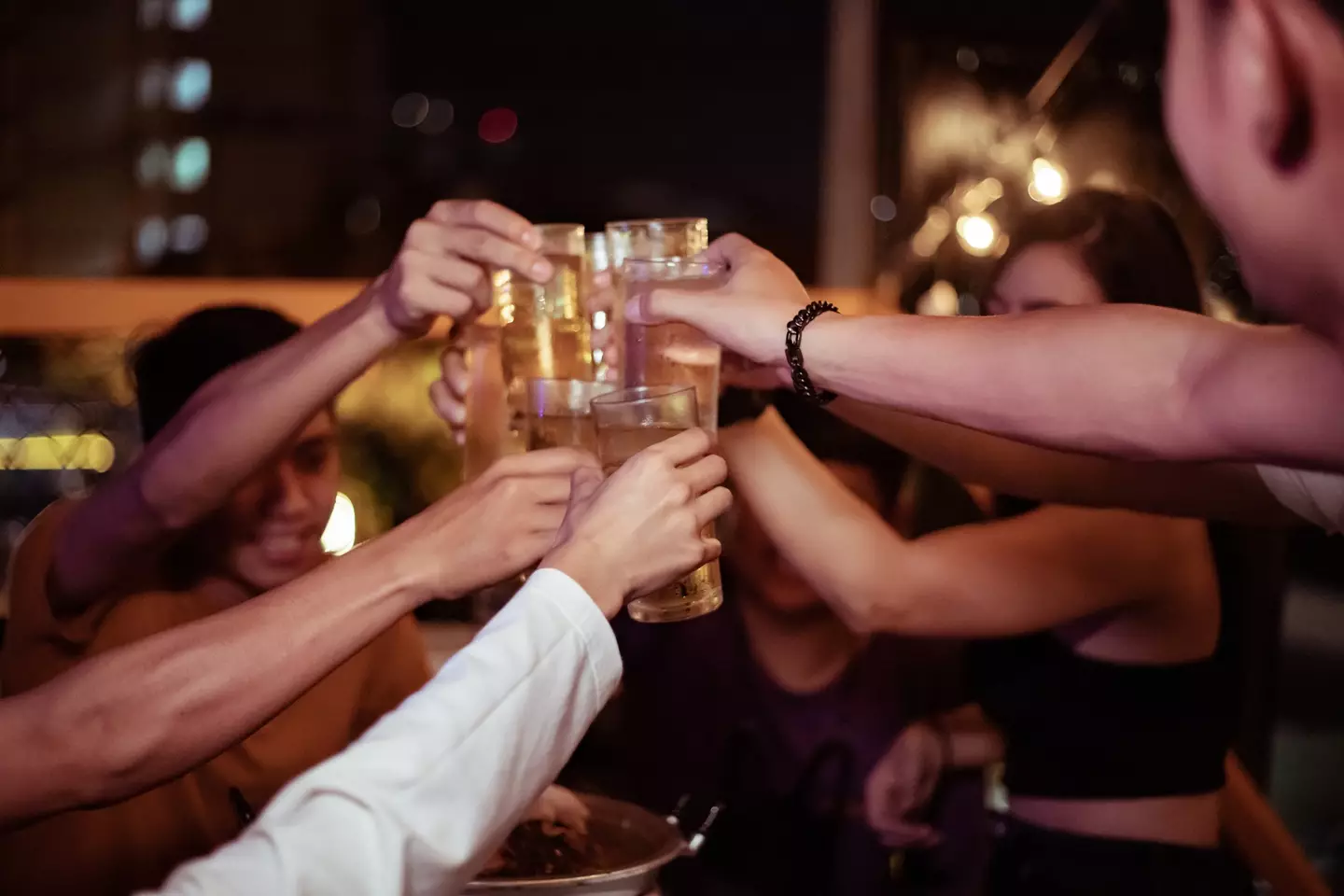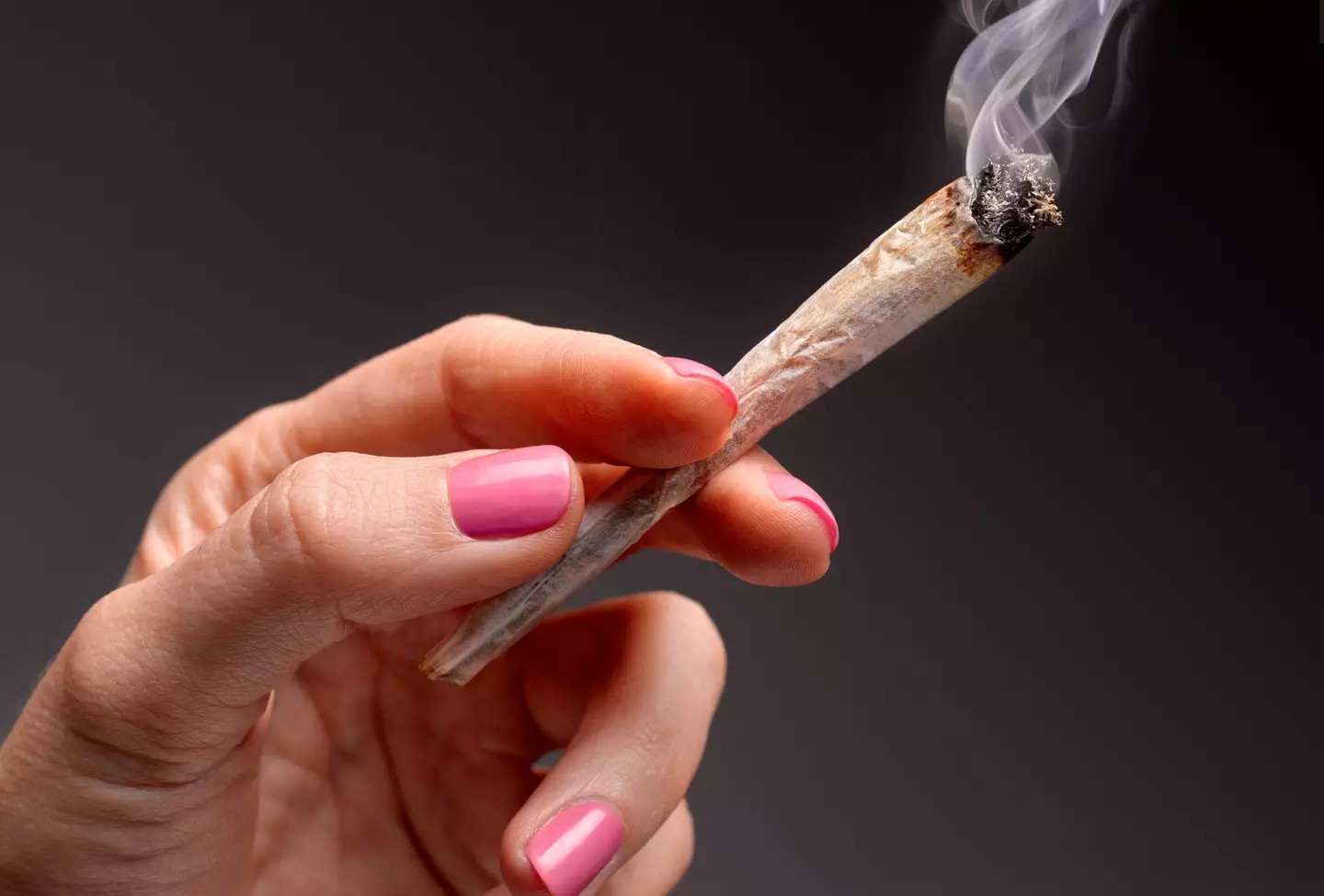
The number of straight edge high school students has increased to nearly half in the past 30 years, according to new data - and there's a couple of reasons for it.
It's often assumed that teenagers are more likely to partake in drugs and alcohol use to 'fit in'.
However, new data conducted in the Monitoring the Future programme suggests the trend is slowly changing as it seems that it's those kids who are now refraining from using alcohol, tobacco, and recreational drugs.
Researcher Ryan Burge brought the data to many people's attention with a post on Twitter.
Advert

The data collector noted that back in 1976, just five percent of high school students were straight edge.
"No alcohol, no cigarettes, no marijuana in the prior month," he wrote.
However, in 2021, nearly 40 percent of high school seniors said they were straight edge.
Another survey by Monitoring The Future last year also reported that the use of illicit drugs amongst teenagers had 'held steady' from low reported results from 2020 and 2021 - before the Covid-19 pandemic.
Data showed that 10.9 percent of eighth graders, 19.8 percent of 10th graders and 31.2 percent of 12th graders had reported drug use.
So, why is it the younger generations seem to be growing up sober?
Well, the BBC reported in 2022 that Gen Z appear to be more cautious when it comes to their health as compared to the older generation.
Amy Pennay, a senior research fellow at the Centre for Alcohol Policy Research at La Trobe University in Melbourne, said: "[The decrease in alcohol consumption is] certainly not happening because of alcohol policy, because all risky practices are going down – drug use, unprotected sex, risky behaviours [like smoking, crime and driving hazardously] – young people are more risk averse in general."
She added: "The way Gen Zers budget and save is so different from previous generations, because they can’t just bust into the housing market.
"Therefore, some see alcohol as an overpriced commodity that obfuscates the bigger picture."

Meanwhile, John Holmes, professor of alcohol policy at the University of Sheffield in the UK, added: "In the mid to late 2000s, getting drunk and binge drinking was a way friendships were formed and solidified – even experiencing the negative effects together was a key part of making and sustaining friends in adolescence and early adulthood.
"But Gen Zers are more likely to see drunkenness as unpleasant, uncool or uninteresting."
The BBC also reported that 49 percent of Gen Z were also perceptive of their appearance on social media when they go out.
A study conducted in the US by Gallup discovered the rate of overdrinking among 18 to 34-year-olds is 13 percent, down from 21 percent in 2001-2003.
Meanwhile, in the grander scheme of drinking, 62 percent of adults under age 35 said they drink, down from 72 percent 20 years ago.
Gallup also cited health concerns as a possible reason for this decrease in drinking.
Topics: Health, Education, Food and Drink
